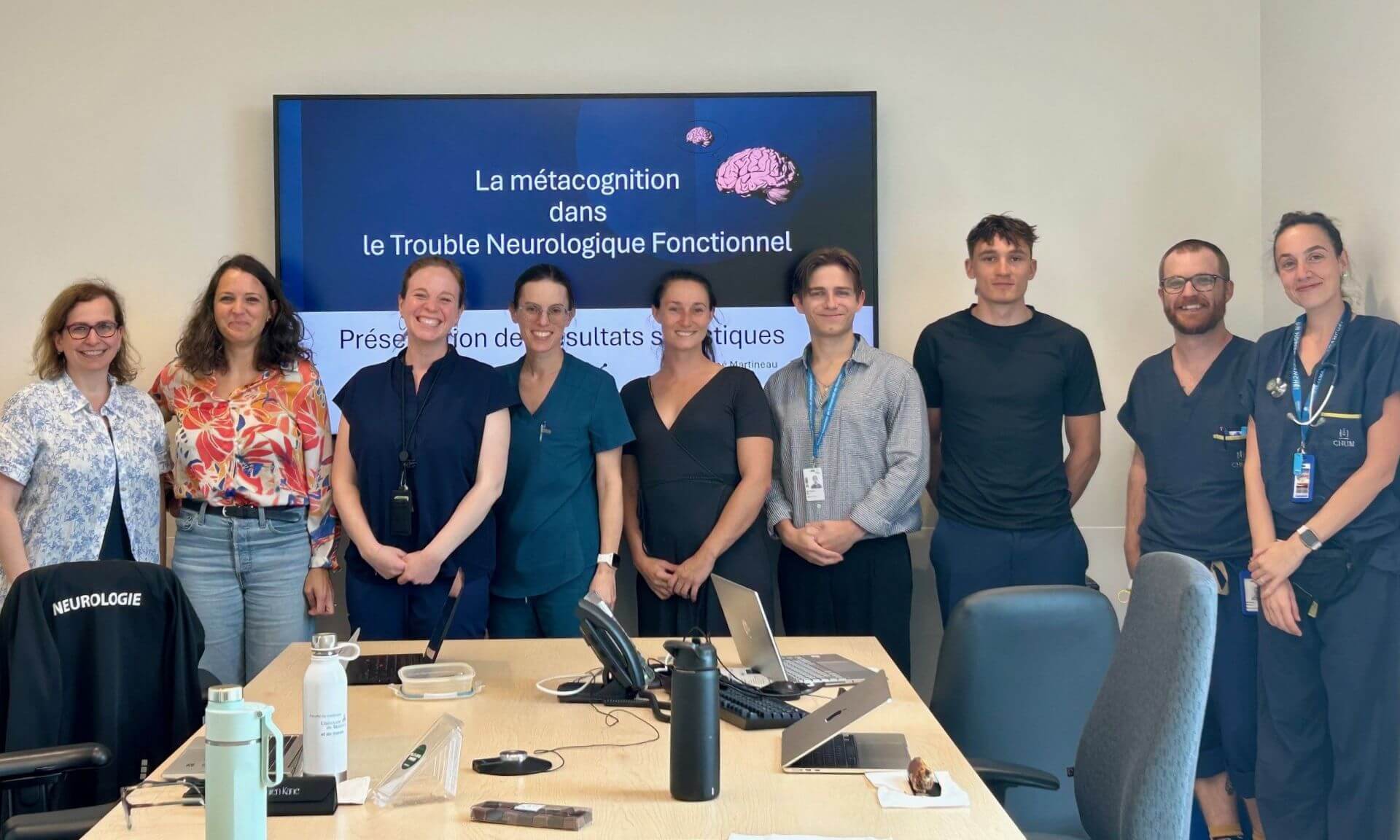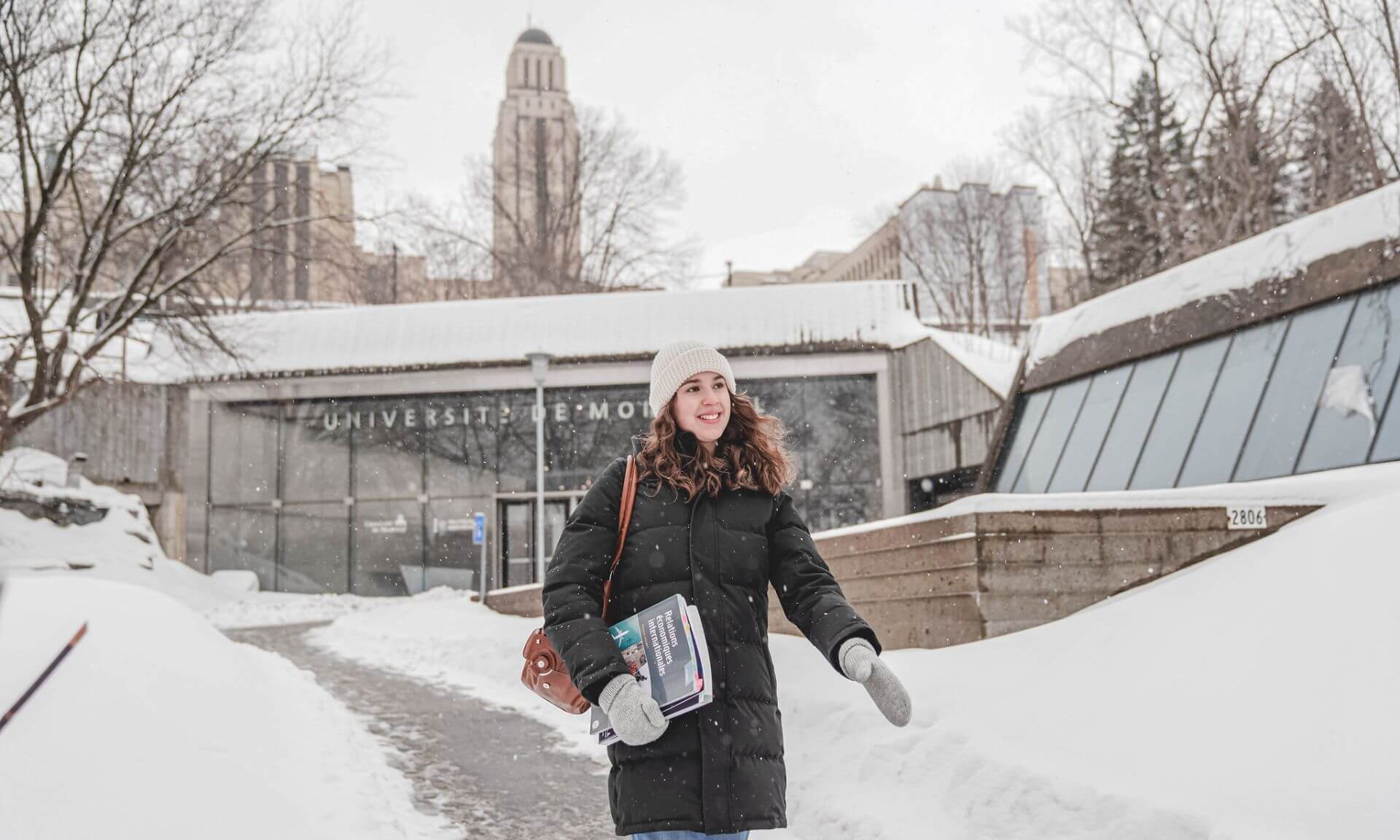Recommendations for better pandemic preparedness


Health Canada has published a report from a group of experts tasked with reviewing the federal government’s approach to scientific advice and coordination of pandemic research. One of its members, Éric A. Cohen, a professor in the Faculty of Medicine at Université de Montréal and head of the Human Retrovirology Laboratory at the Montreal Clinical Research Institute, answered our questions.
You consulted over 300 people from government departments, public health agencies, universities and the private sector to produce this report. Why did you accept this challenge and what was your role on the panel?
While the rest of the group had strong public health backgrounds, I brought expertise in research and innovation. I took on this role because, during the pandemic, I had noticed issues with research coordination and had some doubts about the pandemic response. I also sensed a real willingness to learn from the pandemic, which gave me confidence that our findings and recommendations would be given serious consideration. The appointment of Sir Mark Walport, who was deeply involved in the UK’s pandemic response, to chair the panel also lent it credibility.
The report’s first major finding is that Canada must act now to be prepared for the next health emergency. What exactly does that mean?
Canada doesn’t have a register of potential risks, such as viruses, bacteria, nuclear accidents, etc. This is very important for preparedness. We need to create infrastructure and processes for responding to various types of risk and be able to quickly activate them as needed. This wasn’t in place for COVID-19. We also pointed out, as have other reports, that Canada has a problem with data availability. Privacy concerns restrict researchers’ access to personal data. But there are other countries that manage to mine their data while maintaining confidentiality. In an emergency like a pandemic, access to population-level data can make a big difference.
The report’s second major finding is the need for improved pan-Canadian coordination of research and science advice.
Yes. The government received scientific advice during the pandemic, but each government agency had its own committee, and sometimes they were at odds. There was no central structure. We need to establish a central advisory committee in Canada that brings together a broad and relevant range of expertise and can be activated when needed. It’s also important to have transparency by making the recommendations public as quickly as possible and indicating the level of certainty behind them. This would greatly improve public trust and acceptance. Next, research funding should be reviewed to address the most pressing questions during a pandemic. Federal funding agencies play a vital role but aren’t geared to respond to a public health emergency. Sectors must also be decompartmentalized so that, for example, federal labs can collaborate with university researchers.
The last two findings are the need for greater focus on equity and addressing social and structural determinants of health, and the need to embed Indigenous health expertise in research coordination and science advice. Why is this so important?
During the pandemic, too little attention was paid to social determinants in both research and scientific advice. We were slow to realize that COVID-19 didn’t affect everyone equally. More research is needed in this area to prepare for the next pandemic and mitigate the impact on the most vulnerable populations. The same applies to Indigenous peoples. We need to include more Indigenous health experts on the various committees so they can bring their perspective to decision-making processes that affect them.
What can we expect after the release of this report?
It will take political will to implement the recommendations. It’s important to do so: in the next pandemic, the virus may be more virulent and it may take longer to find a vaccine or treatment.. Our panel has made it its mission to follow up with the community and make sure the government follows through.



